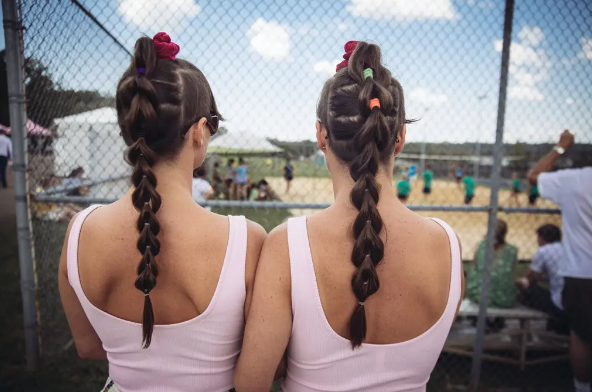In The New York Times, Ellen Barry recently reported on new Swedish research into “discordant twins” that showed the impact of childhood trauma on adult mental health:
“Take Dennis and Douglas. In high school, they were so alike that friends told them apart by the cars they drove, they told researchers in a study of twins in Virginia. Most of their childhood experiences were shared — except that Dennis endured an attempted molestation when he was 13.
At 18, Douglas married his high school girlfriend. He raised three children and became deeply religious. Dennis cycled through short-term relationships and was twice divorced, plunging into bouts of despair after each split. By their 50s, Dennis had a history of major depression, and his brother did not.
Why do twins, who share so many genetic and environmental inputs, diverge as adults in their experience of mental illness? . . . A team of researchers from the University of Iceland and Karolinska Institutet in Sweden reported new findings on the role played by childhood trauma. . . .
Their study of 25,252 adult twins in Sweden, published in JAMA Psychiatry, found that those who reported one or more trauma in childhood — physical or emotional neglect or abuse, rape, sexual abuse, hate crimes or witnessing domestic violence — were 2.4 times as likely to be diagnosed with a psychiatric illness as those who did not.
If a person reported one or more of these experiences, the odds of being diagnosed with a mental illness climbed sharply, by 52 percent for each additional adverse experience. Among participants who reported three or more adverse experiences, nearly a quarter had a psychiatric diagnosis of depressive disorder, anxiety disorder, substance abuse disorder or stress disorder.
To disentangle the effects of these traumas from genetic or environmental factors, the researchers narrowed the pool to “discordant” pairs, in which only one twin reported maltreatment in childhood. An analysis of 6,852 twins from these discordant pairs found that childhood maltreatment was still linked with adult mental illness, though not as strongly as in the full cohort. . . .
A twin who reported maltreatment was 1.2 times as likely to suffer from a mental illness as the unaffected twin in identical twin pairs, and 1.7 times as likely in fraternal twin pairs. This effect was especially pronounced among subjects who reported experiencing sexual abuse, rape and physical neglect.”
Article →` ***
***
More from Around the Web
More from Mad in the Family














